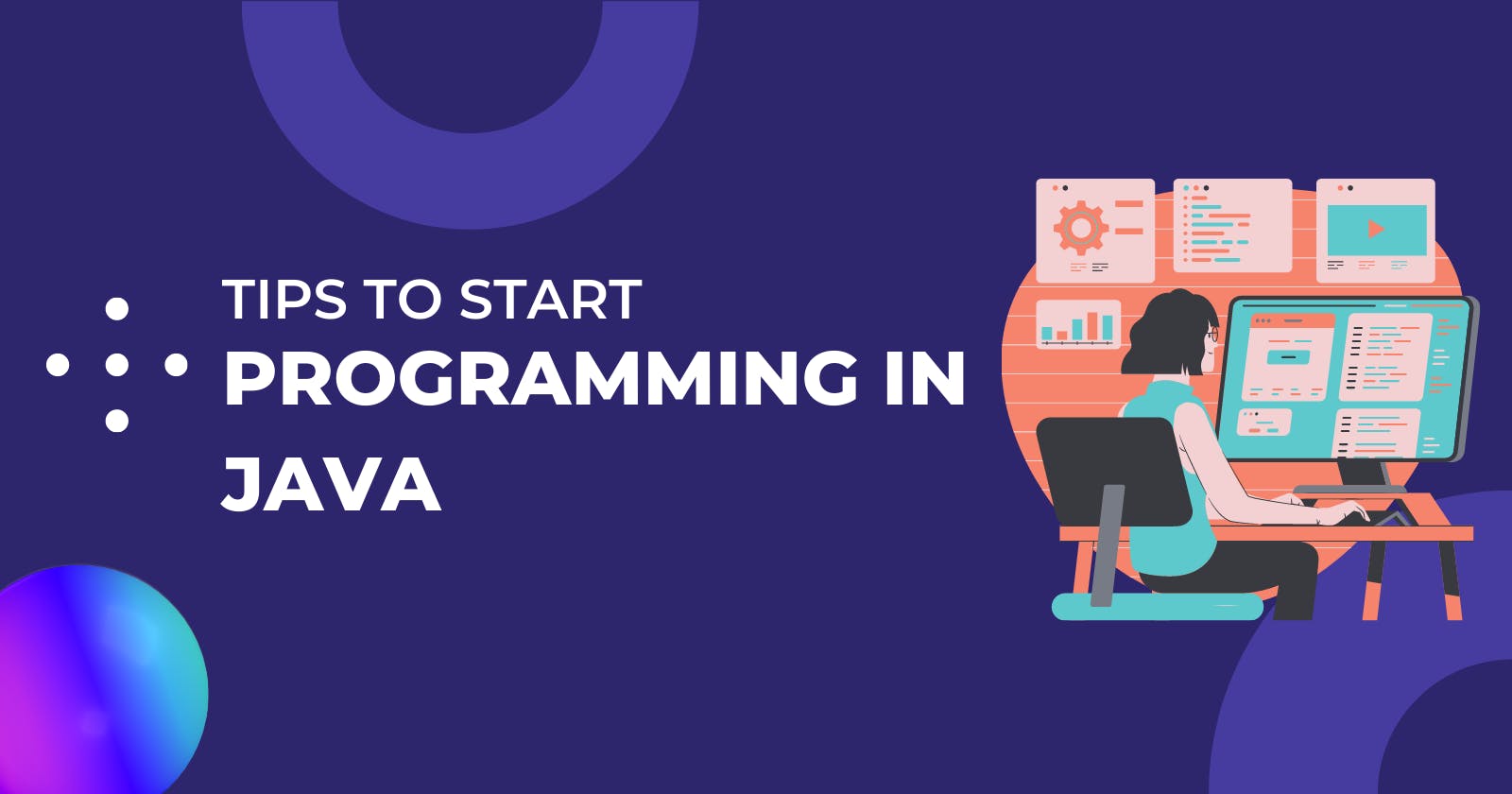Let's start with a burning question that is always discussed in the developer community.
🤔 Is it worth learning Java now?
 With programming languages like JavaScript and Python surpassing Java in popularity and usage, one would think Java has lost its relevance in 2022. We always hear the speculation about the impending downfall of Java as a programming language.
With programming languages like JavaScript and Python surpassing Java in popularity and usage, one would think Java has lost its relevance in 2022. We always hear the speculation about the impending downfall of Java as a programming language.
However, Java has been the go-to programming language for backend development projects including Android, Desktop, and many enterprise applications. Java has maintained its position among the top three most popular programming languages in the world since 1997. So it makes no sense to not consider learning it in 2022.
Java was the very first programming language that I learned. Learning and practising almost all basic concepts using Java gave me a very strong base for learning other languages and frameworks.
💡 Tips to Start Learning Java
Start with basics
 Starting by learning about how computers process data and what were the earlier iterations of programming languages will be very helpful for a complete beginner. Then you can explore how the language came to be, and what are the concepts that influence the working and coding in that language. This includes learning about Object-Oriented Programming's way of thinking about problems as objects and classes. This was the way I was introduced to Java and programming in general.
Starting by learning about how computers process data and what were the earlier iterations of programming languages will be very helpful for a complete beginner. Then you can explore how the language came to be, and what are the concepts that influence the working and coding in that language. This includes learning about Object-Oriented Programming's way of thinking about problems as objects and classes. This was the way I was introduced to Java and programming in general.
Don't be discouraged by the learning curve
 The first sight of a basic Java program can intimidate new programmers and those shifting from Python. Try not to be spooked over the various long descriptive keywords and the strict syntax of Java. I remember fellow classmates considering not taking up Computer Science as a subject, just because a missing ";" will cost us our grades. All these concepts were introduced for a reason at the time of the advent of the language, and you can explore the same online.
The first sight of a basic Java program can intimidate new programmers and those shifting from Python. Try not to be spooked over the various long descriptive keywords and the strict syntax of Java. I remember fellow classmates considering not taking up Computer Science as a subject, just because a missing ";" will cost us our grades. All these concepts were introduced for a reason at the time of the advent of the language, and you can explore the same online.
Take it step-by-step
 Learning new concepts and codes becomes effective if they are built over another like blocks of a building. You can first learn the basic syntax and program for the current concept, and then while learning new concepts try to write the program for the previous connected topic without referring somewhere, before adding on the code for the new one.
Learning new concepts and codes becomes effective if they are built over another like blocks of a building. You can first learn the basic syntax and program for the current concept, and then while learning new concepts try to write the program for the previous connected topic without referring somewhere, before adding on the code for the new one.
An IDE(A) for you
 Find the Java IDE that works best for your method of learning. Visual Studio Code, BlueJ, Eclipse and Netbeans are some of the most commonly used IDEs for teaching/learning Java. You can try out all of them before settling on one for further practice. My learning of Java began with BlueJ IDE and later moved on to Eclipse IDE.
Find the Java IDE that works best for your method of learning. Visual Studio Code, BlueJ, Eclipse and Netbeans are some of the most commonly used IDEs for teaching/learning Java. You can try out all of them before settling on one for further practice. My learning of Java began with BlueJ IDE and later moved on to Eclipse IDE.
Choosing an effective learning resource
 Everyone has their own way of learning: some learn by watching and following demonstration videos, some learn by working on a large project and implementing new features as they learn new concepts, while others may need a physical book to grasp the concepts. What works best for one may not for another, hence suggesting one-solution-works-for-all is not possible. Choose the one that works for you the best.
Everyone has their own way of learning: some learn by watching and following demonstration videos, some learn by working on a large project and implementing new features as they learn new concepts, while others may need a physical book to grasp the concepts. What works best for one may not for another, hence suggesting one-solution-works-for-all is not possible. Choose the one that works for you the best.
Hope these tips will help you in your journey of learning Java. Have patience and be consistent and you'll find yourself becoming a master in Java.

